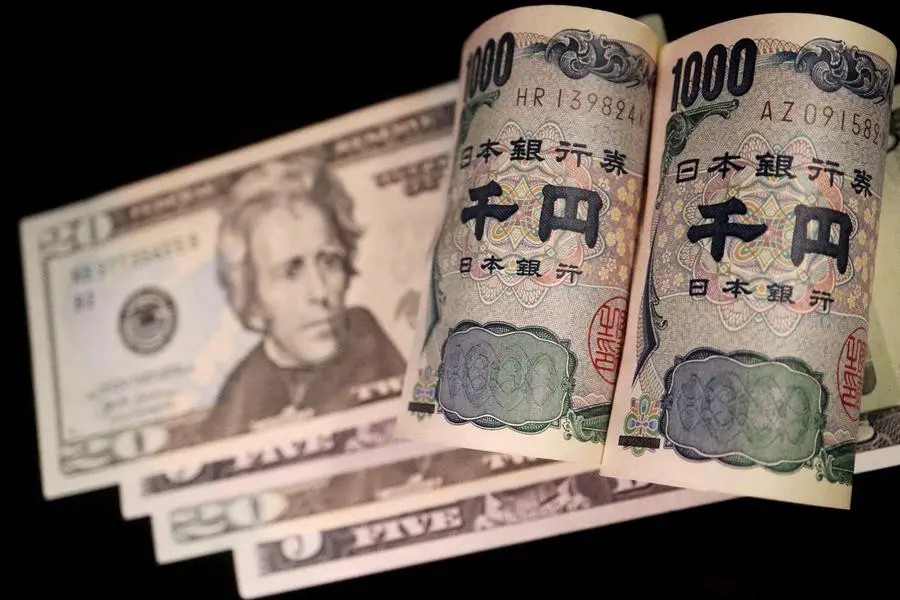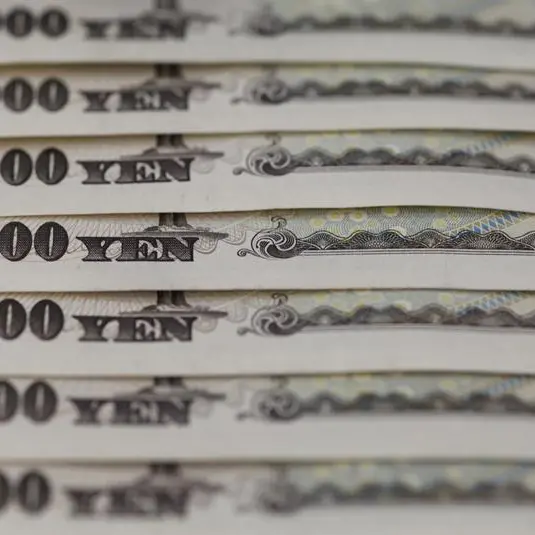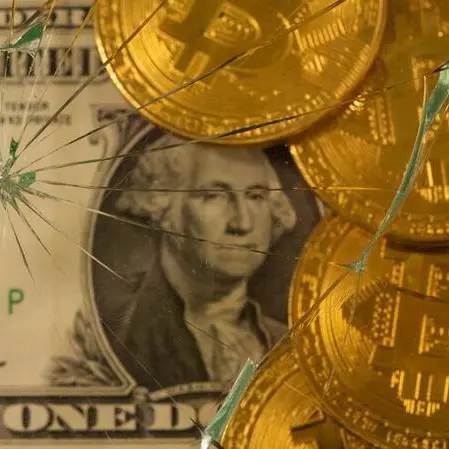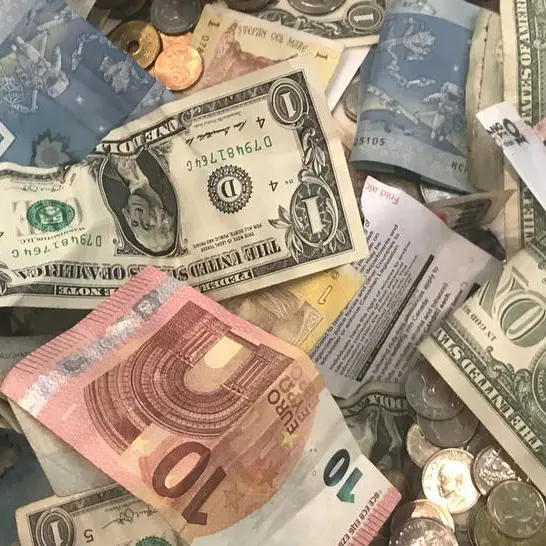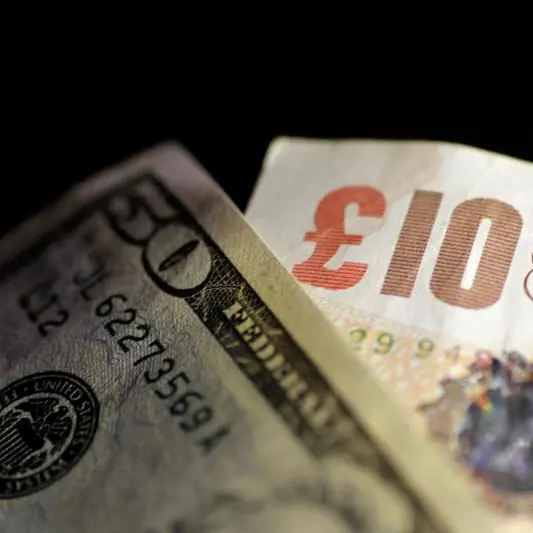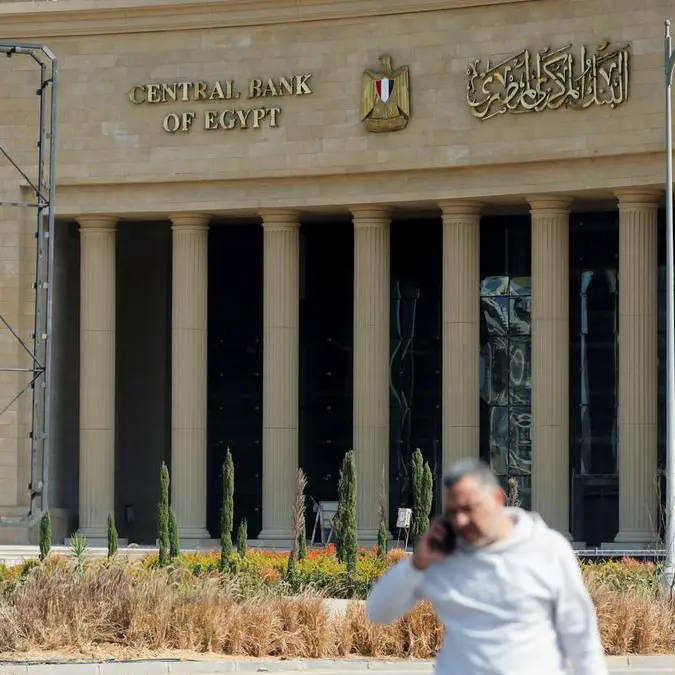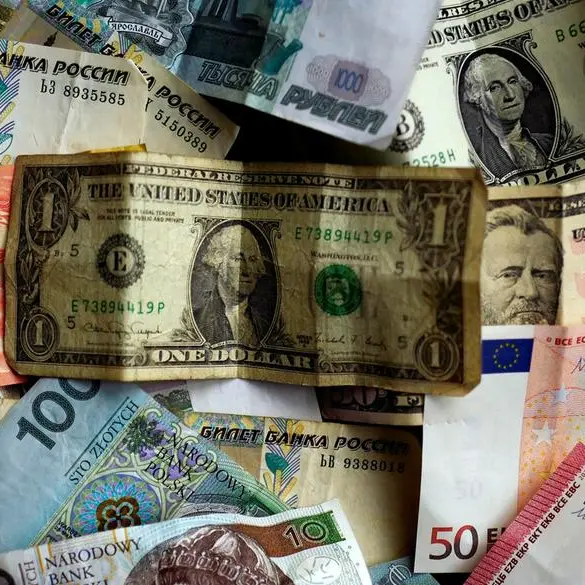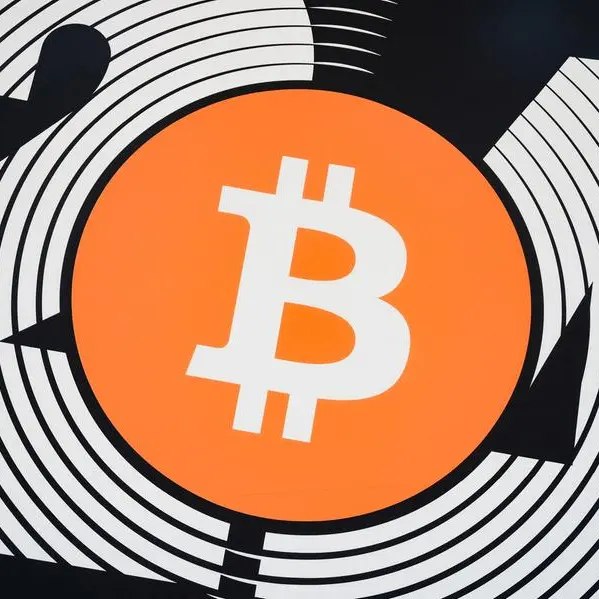PHOTO
The yen firmed on Thursday after the Bank of Japan took a less dovish tone than expected while the U.S. dollar ticked lower ahead of jobs data later this week and the U.S. presidential election next week.
The dollar was last down 0.6% on the Japanese currency at 152.360 yen as the BOJ maintained ultra-low interest rates but said risks around the U.S. economy were somewhat subsiding, signalling that conditions are falling into place to raise interest rates again.
Governor Kazuo Ueda's remarks were seen as less dovish than those made before the meeting that the BOJ could "afford to spend time" scrutinising the fallout from risks such as U.S. economic uncertainties.
The BOJ cut its core consumer inflation forecast but said risks were skewed to the upside for that year, causing the yen to rise, said Andrea Cicione, head of strategy at GlobalData.TSLombard.
"This was a deliberate comment by the BOJ to stop this weakening in the yen that has been going on for six weeks."
The Japanese currency has taken a beating, down around 6% for the month as the dollar and U.S. Treasury yields have hovered around their highest since July.
Japan's political shake-up has only added to the yen's woes, heightening uncertainty about the country's fiscal and monetary policy outlook.
The yen also firmed on other currencies on Thursday with the euro down 0.5% at 165.7 yen.
Elsewhere, sterling firmed 0.3% to $1.2995, a day after Britain's finance minister Rachel Reeves' launched the biggest tax increases since 1993 in her first budget. The big-spending plans prompted traders to bet on fewer interest rate cuts by the Bank of England.
The euro edged 0.2% higher to $1.087325 after data showed the bloc's inflation accelerated more than expected in October.
The report follows better than expected third-quarter euro zone GDP data on Wednesday that bolstered bets against a larger interest rate cut by the European Central Bank in December.
The dollar index, which measures the currency against six major rivals, dipped 0.1% to 103.94, after its recent surge put it on pace for its biggest monthly gains against peers since April 2022.
JOBS, ELECTION IN FOCUS
All eyes were on data on the U.S. Personal Consumption Expenditures (PCE) Price Index for September on Thursday and the closely-watched nonfarm payrolls report on Friday.
Economists polled by Reuters estimate 113,000 jobs were added in October, although the number could be lower due to recent hurricanes.
But the jobs report may find itself overshadowed in the run-up to the U.S. presidential election on Tuesday.
"A slightly hotter or slightly cooler (jobs) number to me probably doesn't change the dial too much given the upbeat trend in recent economic data," said IG Market Analyst Tony Sycamore.
"It makes sense to me to be ... taking some risk off and moving to the sidelines" ahead of a week that will "set the tone for the end of the year," he said.
Some investors have been putting on trades betting Republican candidate Donald Trump will win, helping to lift the dollar and U.S. Treasury yields, although he is still neck and neck with Vice President Kamala Harris in several polls.
Trump's plan to implement tax cuts, looser financial regulations, and higher tariffs are seen as inflationary and could slow the Federal Reserve in its policy easing path.
In cryptocurrencies, leading token bitcoin last fetched about $72,260, after pushing as high as $73,609.88 on Tuesday.
(Reporting by Medha Singh and Brigid Riley; Editing by Christopher Cushing, Jacqueline Wong and Emelia Sithole-Matarise)
